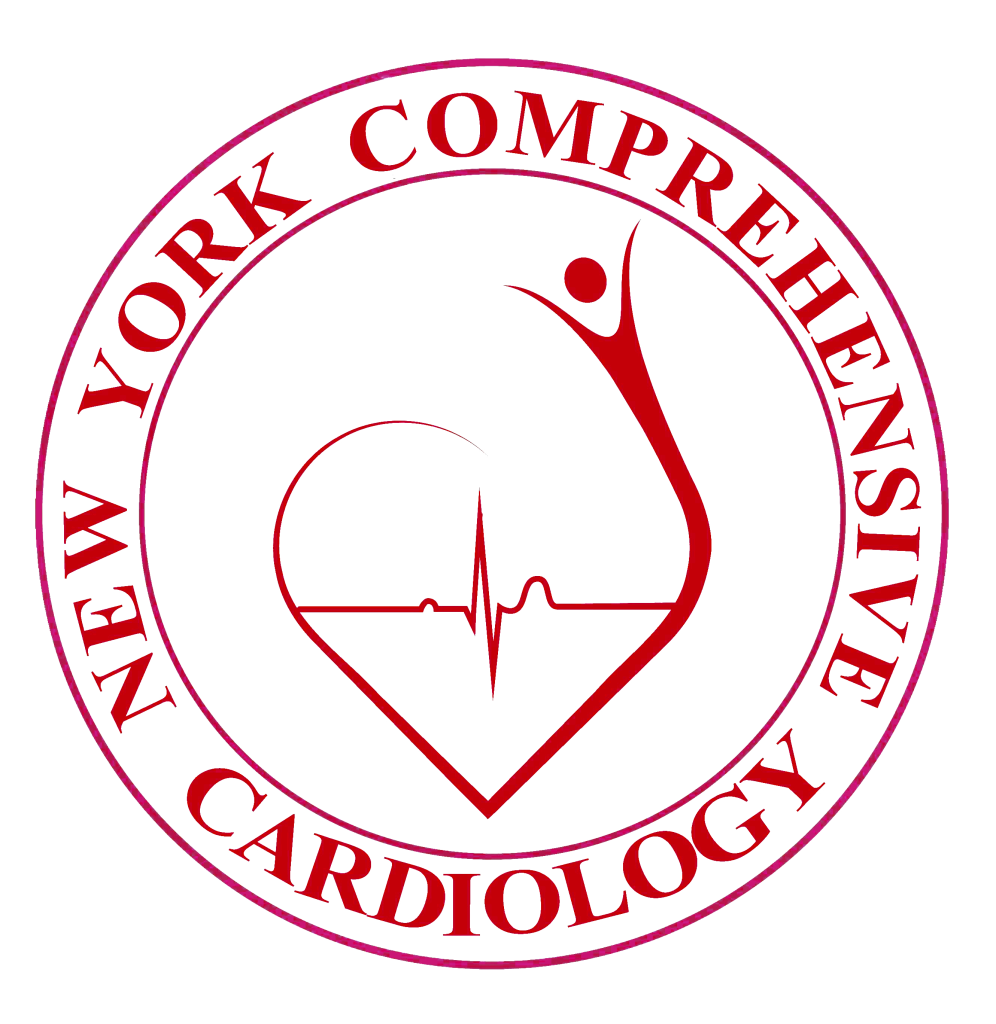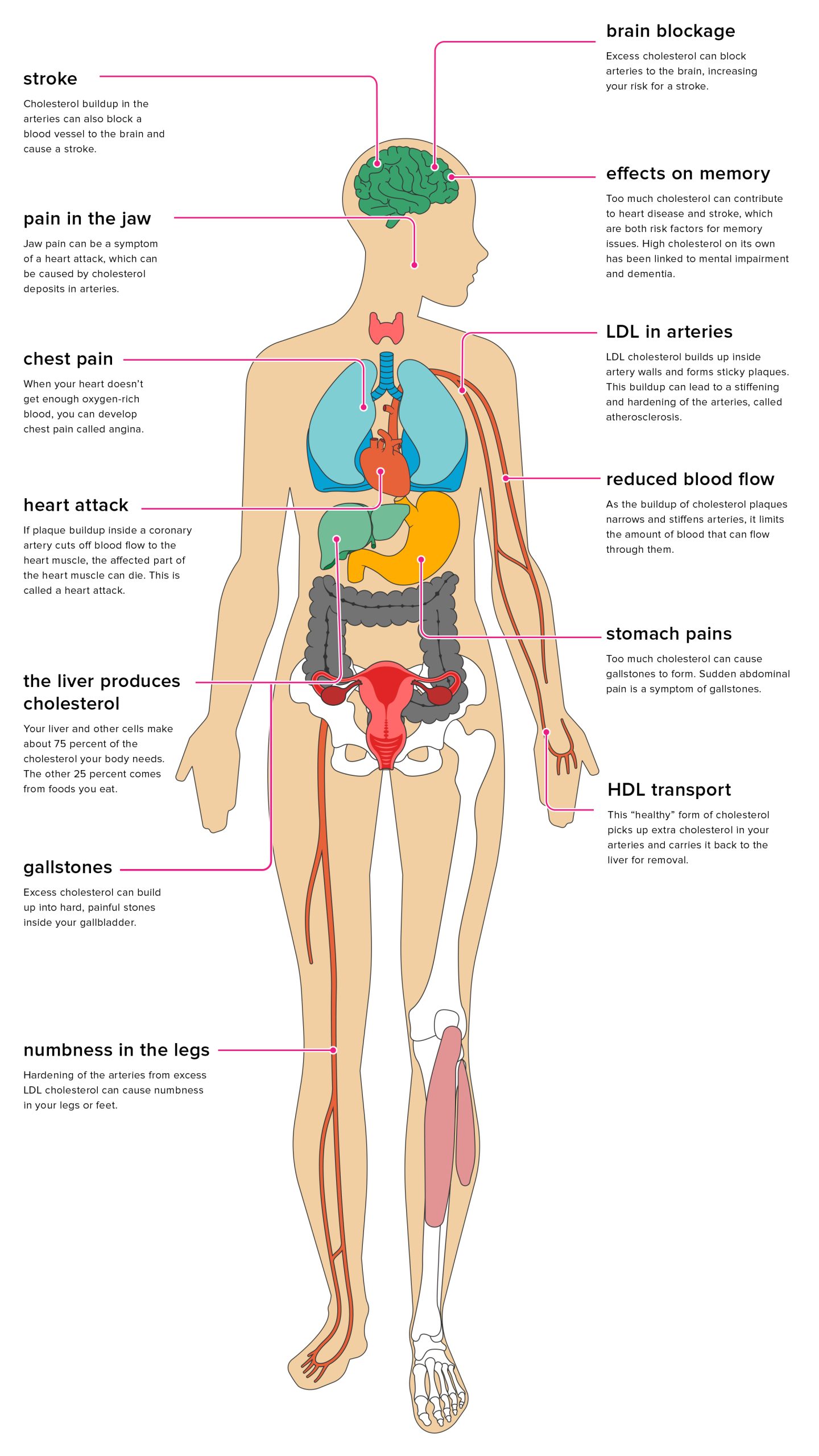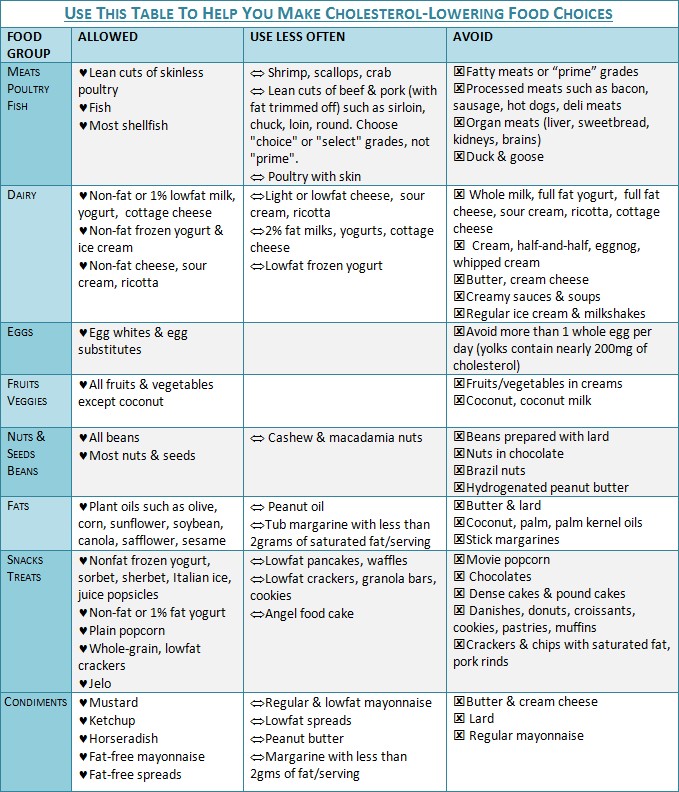At NYCC we see the power of healthy diet and lifestyle in improving and preventing chronic disease. Our doctors and dietitian work closely with patients to help them make realistic changes in their diet and activity patterns. Here are some tips to control elevated blood cholesterol.
| Please note: While these suggestions are generally safe, keep in mind that everyone’s health situation is unique. Always consult with your primary care physician before making changes to current dietary intake and/or lifestyle. |




